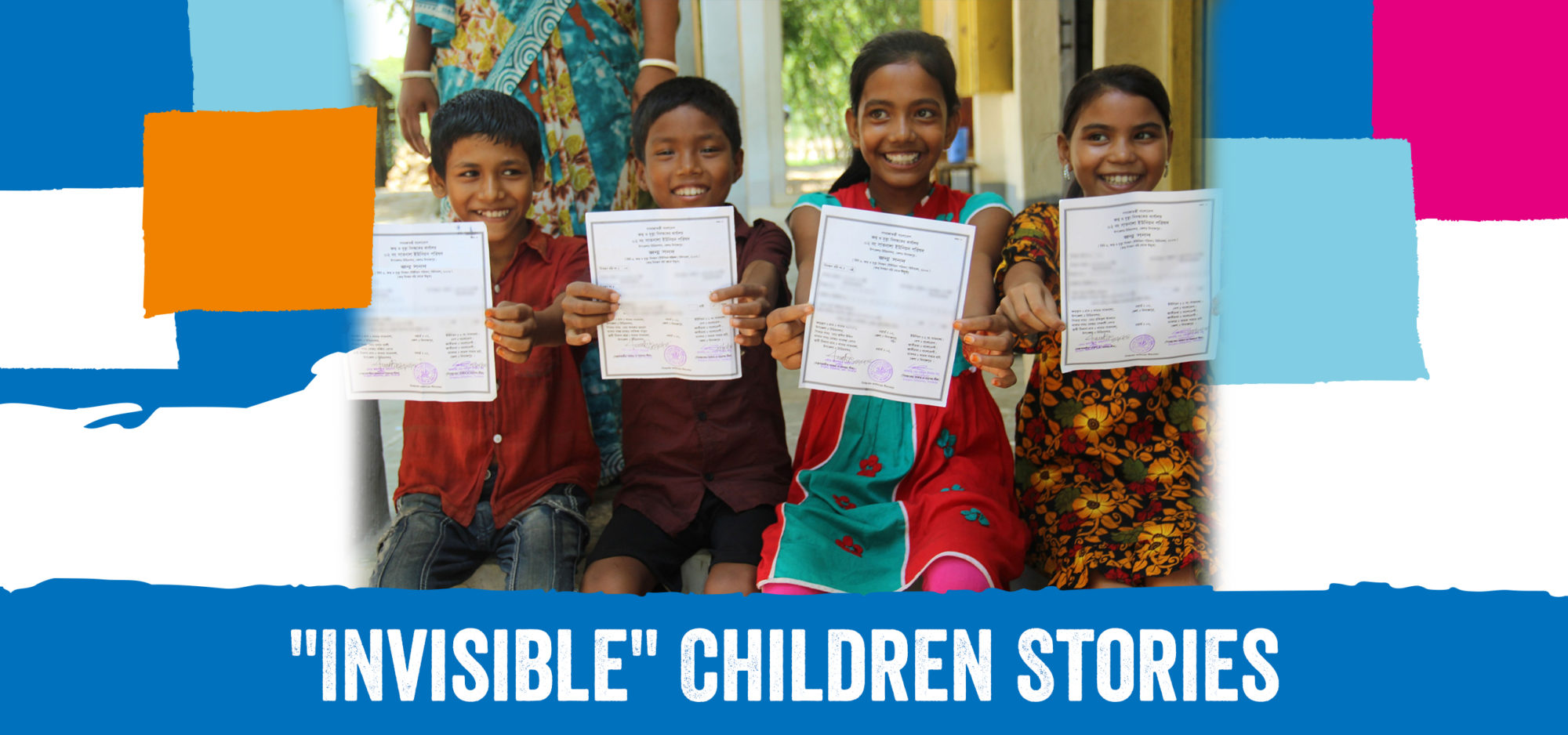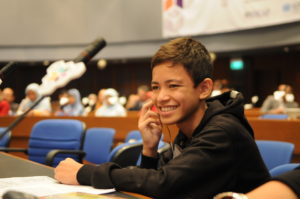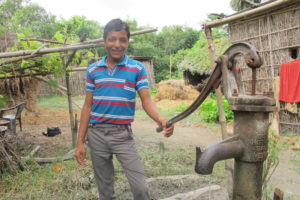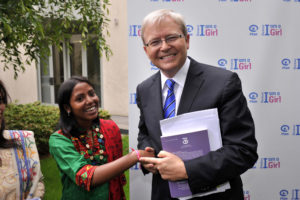- About us
- Our Work
- Child Sponsorship
- Girls Get Equal
- Donation
- Get Involved
- News

Jakarta, Indonesia
According to the Indonesian Ministry of Social Affairs, there are 230,000 unregistered street children in Indonesia, 6,000 of them living in Jakarta. More than 90%of the street children in Jakarta do not have a birth certificate and are at risk of violence and crime.
There is no more powerful argument for ensuring every child is registered at birth than to hear directly from one of the children who have been affected, and to contrast his experiences before and after registration. 15-year-old Mohammad Ridwan (Ridwan) from Jakarta, Indonesia, is one of the lucky children who have been helped by Plan International’s “Birth Certificate for Street Children” programme, which has thus far assisted 500 children to be registered. This is his story.

Ridwan – A Street Child’s Story
Some people might not think a birth certificate is very important. It is only a piece of paper, isn’t it? It’s probably not something you think about very often. But if you ask me why my birth certificate is important, the answer is simple: my birth certificate gave me a second chance to go to school…
Northern Thailand
Acquiring the legal status of citizenship in Thailand is not automatic, unless at least one parent is Thai, even if a child is born in the country. Of the 40 different ethnic groups in Thailand, only 9 are recognised as Thai citizens, despite most having lived in the country for generations. Applying for citizenship can be a lengthy and expensive process.
The cycle of poverty, lack of awareness of rights and challenges in applying for citizenship perpetuates statelessness and increases the vulnerability of at-risk groups, particularly of the young who may be subjected to child trafficking rings that are pervasive in the rural areas with porous borders into other neighbouring countries.
Fai – Stateless for Life
My name is Fai. I am from Thailand, the Land of Smiles, and I live in the furthest north of the country. Simply put, I have been stateless my whole life.
Back 23 years ago, my parents just were not aware of the need of registration for their children. One day when I was younger, one of our neighbours told my parents about the importance of registration…

Nepal
Hundreds of children lead lives complicated by cross-migration between Nepal and India. If their births have not been registered in either country, their path to legal citizenship is fraught with obstacles both bureaucratic and derived from the existing national laws.
Though families and guardians are required to register their babies’ births, according to Nepali law, registering a child’s birth does not qualify a child to be a Nepalese citizen. Rather, it is a certificate that certifies that a child exists in this world. But a birth certificate can serve as a precursor and as proof of citizenship, depending on where the parents are from and what countries they are citizens of. Nepalis may only apply for citizenship at the age of 16. Once a child is 16, provided they have a birth registration card, he/she is able to obtain Nepali citizenship.

Santosh – Legal Recognition Challenge of Child Migrant
Santosh, a young boy of Indian descent, is typical of hundreds of children whose lives and childhood upbringing is complicated by cross-border migration. Plan Nepal and its local partners are focusing on working with these youth, particularly those…
Bangladesh
Currently, the law in Bangladesh requires parents to register births within 45 days. There is a penalty (US$65) for delayed registration, but up until recently, without adequate information on the importance of birth registration, many parents have delayed registering their child’s birth until necessary, i.e. usually when a child reaches school age.
Birth registration can also counteract child marriage – a global issue. Bangladesh has the second-highest rate of child marriage in the world, second only to Niger. A National Survey 2013 commissioned by Plan International in Bangladesh demonstrates that 64% of all women aged 20–24 were married before the age of 18.
Rubi – Birth Registration Can Counteract Child Marriage
The first indication of the value of a birth certificate in Rubi’s life occurred when she was six and denied admission to primary school because she was unable to provide a birth certificate. Her parents took Rubi to the local government and were able to applied for a birth registration card. With that she was able to attend primary…
